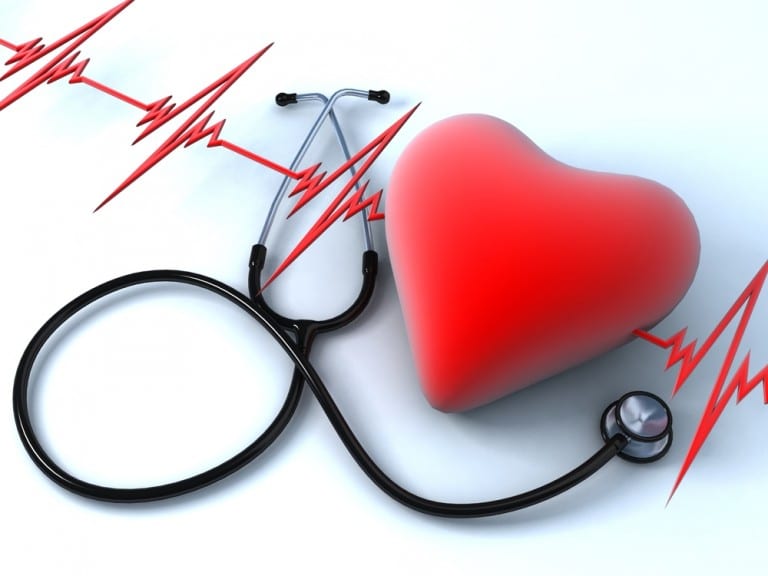The Heart & Stroke Foundation of Canada has heart-related statistics to share when it comes to COVID-19:
-
Data shows that people who have a heart condition or vascular disease, or who have had a stroke, are at higher risk of complications if they are infected with COVID-19. So it’s important to do everything you can to avoid infection.
-
While COVID-19 is typically considered a threat to the lungs, there is an additional threat to the heart. People with pre-existing heart conditions are particularly vulnerable and face a higher risk of dying from COVID-19.
-
People with high blood pressure have nearly 2 ½ times higher chances of dying if they contract COVID-19, compared to those with no underlying conditions.
-
Pre-existing heart conditions, such as damaged heart muscle or blocked heart arteries, weaken the body’s ability to survive the stress of the illness.
-
Poor underlying metabolic health is more common in those with heart disease. Poor metabolic health refers to diseases such as type 2 diabetes or prediabetes and obesity, which themselves cause inflammation and risk of blood clots, compounding the effects of COVID-19 and increasing the likelihood of devastating complications of COVID-19.
-
COVID-19 can damage the heart by directly invading or inflaming the heart muscle. It can also damage the heart indirectly by disrupting the balance between oxygen supply and requirements.
-
In the severe form of COVID-19, the body’s immune system overreacts to the infection, releasing inflammatory molecules called cytokines into the bloodstream. This so-called “cytokine storm” can damage multiple organs, including the heart.
-
While this severe form of heart muscle inflammation is rare, a recent study showed that asymptomatic heart inflammation was seen on magnetic resonance imaging in up to three-quarters of patients who had recovered from COVID-19.
While the above information is may seem discouraging, this is February – a month for more lighthearted and uplifting things like flowers and Valentine’s Day! So let’s end this on a note of encouragement by saying, “Keep doing all you can to prevent getting COVID-19 and take care of your heart!” Get enough exercise and rest, eat healthier and also look after your mental health so that you can have your healthiest heart in order to be at your best for yourself and those you love.

